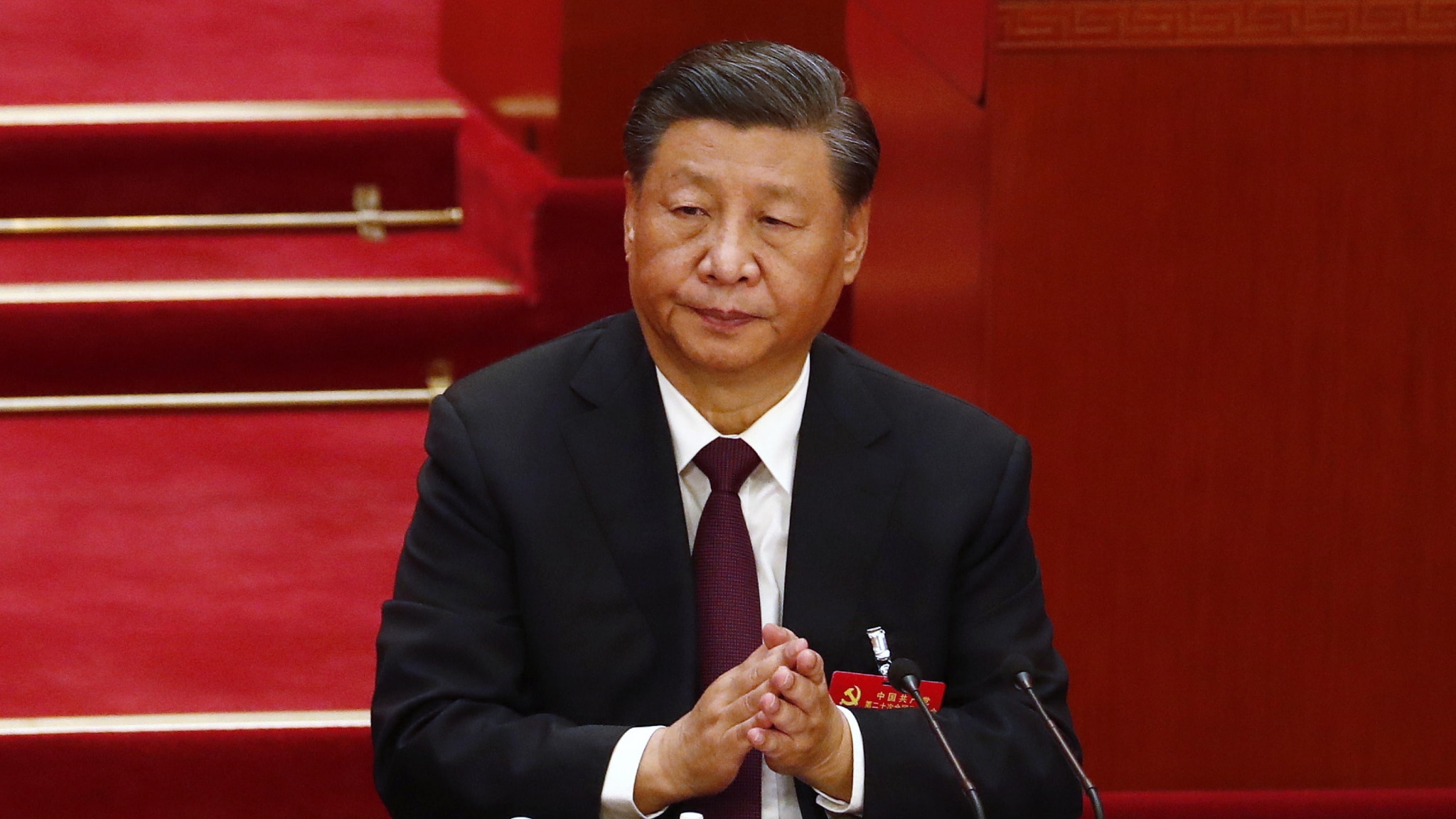The twentieth congress of the Chinese Communist Party ended with the approval of the amendment to the Constitution.
With the adopted amendment, including the so-called 'two buildings' and the 'two safeguards', the CCP has consolidated the status of President Xi Jinping as the central nucleus of the party.
These are measures, according to the final statement released, aimed at cementing Xi's central status and the guiding role of his political thought within the CCP, thus further elevating the status of the secretary general.
The Congress, which is held every five years as required by the procedures, has also adopted resolutions on the reports presented by the party's Central Committee - the broadest-based decision-making body - and by the Central Commission for Disciplinary Inspection, the body that investigates corrupt officials.
The new members of both bodies have also been elected, thus starting the process of renewal of political leaders which will end with the first plenary session of the new Central Committee of the CCP, from which the appointment of the highest positions of the party is expected, including the beginning of a third, unpublished, mandate at the top of the CCP for the general secretary, Xi Jinping.
The Communist Party of China also enshrined its firm opposition to Taiwan's independence in its Fundamental Charter.
The congress, it reads, "agrees to include in the party's constitution" various declarations, including those on political and military loyalty and on the construction of world-class armed forces, as well as that on "resolute opposition to discourage separatists who seek Taiwan independence '".
The approval of the amendment to the CCP's fundamental charter - which can only be done by Congress - took place at the closing ceremony, in the Great Hall of the People, on Tiananmen Square.
(Handle)
Closing ceremony of the 20th National Congress of the Chinese Communist Party (CCP) at the Great Hall of the People in Beijing, China
The Congress this year was also characterized by a small twist: the former Chinese president, Hu Jintao, who retired from office in 2013, unexpectedly left the closing ceremony escorted by two assistants.
Hu, 79, had appeared noticeably aged and weakened at the opening ceremony a week ago;
after exchanging a few words with Xi and outgoing Prime Minister Li Keqiang, who touched his shoulder, he left the room.

